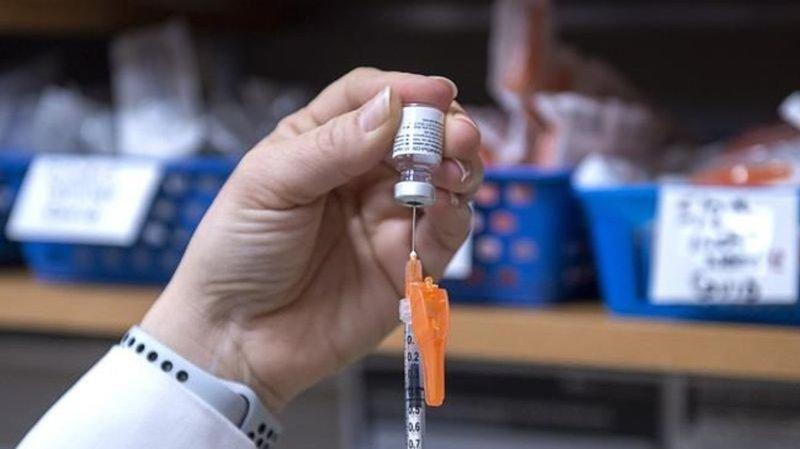South Australia has announced a partnership with the international biotech enterprise, BioCina, to become home to the first mRNA development and production facility in Australia and make homegrown mRNA vaccines a reality.
Last year, U.S. biotech giant Moderna and the Australian government agreed to build the first mRNA vaccine manufacturing facility outside North America.





